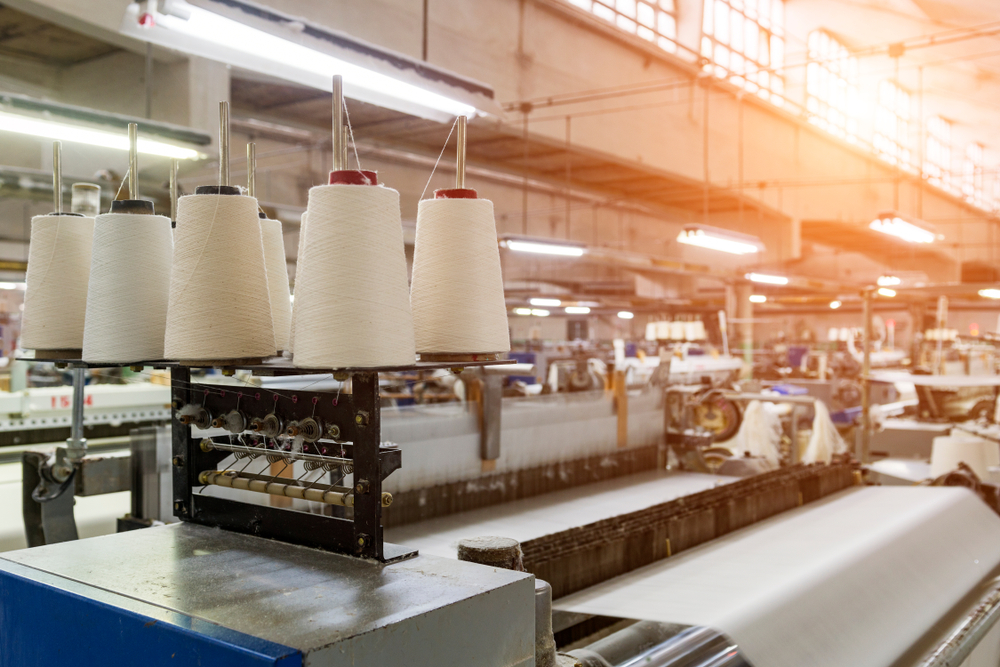
Emerging Technologies in the Cotton Industry: Enhancing Productivity and Sustainability
July 18, 2024 9:10 pm Leave your thoughtsThe cotton industry has long been a cornerstone of global agriculture, providing the raw material for textiles and numerous other products. Over the years, technological advancements have played a crucial role in transforming cotton farming, making it more efficient, sustainable, and productive. From precision agriculture to genetic engineering, various innovations are shaping the future of cotton cultivation and processing.
Precision Agriculture: Optimizing Crop Management
Precision agriculture stands at the forefront of modernizing cotton farming practices. This approach utilizes data-driven techniques such as remote sensing, GPS technology, and drones to assess and manage crop variability in real-time. By analyzing soil conditions, moisture levels, and pest infestations with precision, farmers can optimize irrigation schedules, apply fertilizers more efficiently, and target pesticide use only when necessary. This not only enhances yield and quality but also minimizes environmental impact by reducing resource wastage.
Genetic Engineering: Developing Resilient Cotton Varieties
Advancements in genetic engineering have led to the development of genetically modified (GM) cotton varieties that offer resistance to pests and diseases, tolerate herbicides, and adapt better to environmental stressors like drought and heat. Traits such as insect resistance (Bt cotton) and herbicide tolerance have significantly reduced the need for chemical inputs while increasing overall productivity. Moreover, ongoing research continues to focus on improving fiber quality, yield potential, and sustainability of cotton crops through genetic manipulation.
IoT and Big Data: Real-Time Monitoring and Decision-Making
The integration of Internet of Things (IoT) devices and big data analytics is revolutionizing cotton farming by providing farmers with unprecedented insights and decision-making capabilities. IoT sensors embedded in fields collect continuous data on temperature, humidity, soil moisture, and crop health, transmitting this information to centralized platforms. By leveraging big data analytics, farmers can make informed decisions regarding irrigation, pest control, and nutrient management, optimizing resource allocation and enhancing crop yields while minimizing costs.
Sustainable Practices: Eco-Friendly Innovations
In recent years, the cotton industry has made significant strides towards sustainable farming practices. Innovations such as organic cotton farming, water-efficient irrigation techniques (like drip irrigation), and the use of biodegradable pesticides and fertilizers are becoming increasingly prevalent. These practices not only reduce the environmental footprint of cotton production but also cater to the growing consumer demand for eco-friendly textiles. Additionally, initiatives promoting fair trade practices and ethical labor standards are gaining momentum, ensuring social sustainability along with environmental stewardship.
Automation and Robotics: Enhancing Efficiency in Processing
Automation and robotics are transforming the cotton industry beyond the fields, particularly in the processing and manufacturing stages. Automated systems for ginning, sorting, and packaging cotton not only streamline production processes but also improve consistency and quality control. Robotics are also being employed in textile manufacturing, where automated looms and sewing machines enhance efficiency and precision while reducing labor costs. These advancements not only boost productivity but also address labor shortages and improve working conditions in the industry.
Blockchain Technology: Ensuring Transparency and Traceability
Blockchain technology is increasingly being adopted to enhance transparency and traceability within the cotton supply chain. By creating immutable records of transactions and processes—from farm to textile production—blockchain ensures that every step of the cotton’s journey can be verified. This fosters trust among consumers regarding product authenticity, ethical sourcing, and sustainability claims. Additionally, blockchain-enabled platforms enable stakeholders to track environmental impact metrics such as water usage and carbon footprint, facilitating data-driven sustainability initiatives.
Future Prospects: Innovations on the Horizon
Looking ahead, the cotton industry continues to explore new frontiers in technology. Emerging trends such as nanotechnology for fabric enhancement, AI-driven predictive analytics for crop management, and biotechnology for developing even more resilient cotton varieties hold promise for further enhancing productivity and sustainability. Collaboration between researchers, farmers, industry stakeholders, and technology providers will be crucial in harnessing these innovations to address global challenges such as climate change, resource scarcity, and food security.
Conclusion
The integration of emerging technologies is revolutionizing the cotton industry, enhancing both productivity and sustainability. From precision agriculture and genetic engineering to IoT, big data analytics, and blockchain technology, these innovations are reshaping every aspect of cotton farming and processing. As the industry continues to evolve, it is essential for stakeholders to embrace these technologies responsibly, ensuring that advancements contribute to a more sustainable future for cotton production worldwide.
Need Cotton Mill & Cotton Gin Components in Lubbock, TX?
Welcome to M.B. McKee Company, Inc. M.B. McKee Company, Inc. has been serving our local community of Lubbock since 1943. Locally owned and family operated, we provide great customer service and solutions for ongoing issues. With over 70 years of experience, our products, services, and engineering will always exceed your expectations. Our products include bearings, belts, chains, conveyor systems, gearing, lifts, motors, drives, product separation, tools, valves, and fittings. Our engineering division also provides general formulas, NEMA motor frames, elevator legs, screw and belt conveyors, lift charts, components from Baldor and Flexco, and various interchangeable parts. Contact us today to learn more about what we can do for you!
Categorised in: Cotton
This post was written by Orlando Washington

